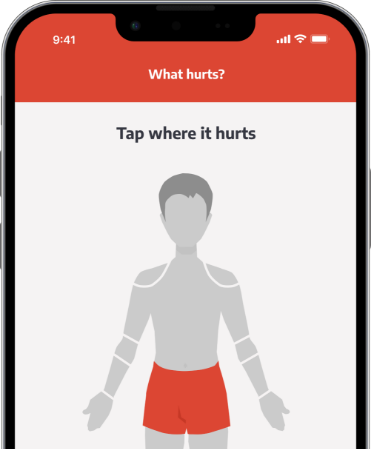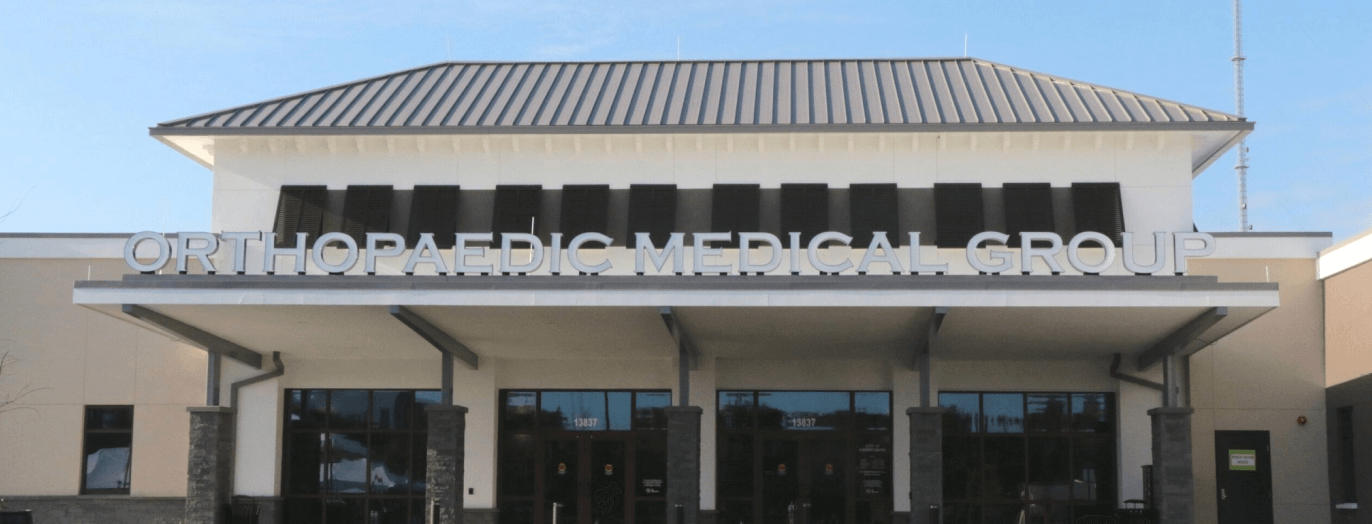Who Is A Candidate For Surgery & What Are The Risks Associated With Joint Replacement?

You May Be A Candidate For Total Joint Replacement Surgery If You Have:
- Failed all available non-operative treatments.
- Continue to have pain that affects your ability to exercise or perform activities of daily living.
You May Not Be A Candidate For Surgery If You:
- Smoke.
- Use significant narcotic pain medications.
- Suffering from obesity with a BMI greater than 40.
- Have uncontrolled diabetes.
We take your medical history seriously as certain health conditions can lead to a poor outcome from surgery. Having one or more of these conditions can increase your surgical risk of infections, wound complications, or chronic pain after surgery. If you are suffering from one of these conditions, we will provide you with resources to help you become a better surgical candidate.
Infection
Infection is rare in joint replacement surgery, however, smokers & patients with uncontrolled diabetes have an increased risk of infection. Symptoms of infection include persistent fever (over 101 F), chills, wound drainage, increasing pain, redness, tenderness, or swelling. If you are concerned about an infection, please contact our office immediately. Do not go to the ER.
Blood Clots
Blood clots can form after surgery, however, preventative measures are taken to help you avoid this risk. We recommend you continue to wear the white CALF high TED hose stockings during the day for 2 weeks. If the stockings become too tight, you may fold them for comfort. You should also take an over-the-counter Aspirin (81mg) twice daily for 6 weeks total (please consult your medical doctor before taking this medication). Symptoms of a blood clot include calf pain or redness, as well as increasing swelling to the thigh, CALF, ankle, or foot.
Nerve or Blood Vessel Damage
During surgery damage to the surrounding structures is possible, but rare. It is common to have numbness surrounding your incision, which may be permanent.
Wound Healing and Scarring
Chronic diseases such as diabetes as well as nicotine use may increase your risk of wound complications. We will discuss these risks with you prior to surgery to help minimize wound complications. There are also risks of permanent scarring.
Limited Range of Motion (Total Knee Replacement)
Your motion prior to surgery is correlated to your motion following surgery +/- 10 degrees. On the day of surgery, you will begin exercises to work on your range of motion.
Leg Length Discrepancy / Dislocation
Specific to total hip replacements, there is a risk of leg length difference, or dislocation of the joint, although these are rare.
Fractures
Fractures during surgery are rare but can occur. In these cases, extra hardware may be used to stabilize the fracture. Additionally, your weight-bearing status by being temporarily altered to allow for fracture healing.
How To Reduce Your Surgical Risks
Quit Smoking
Manage Diabetes
Diabetes that remains uncontrolled increases your risk of the wound not healing, or infection. Before surgery, you should work with your primary care doctor and am to have a hemoglobin A1C under 7.5.
Healthy Diet
Eating a diet rich in protein can improve skin and tissue recovery. Foods like eggs, nuts, chicken, or fish, can decrease your risk of post-surgical infection. In some cases, if blood protein levels are too low before surgery, we may ask you to drink protein shakes or supplements before and after your surgery.
Weight Loss
To decrease the risk of intra-operative and post-operative complications like infection, we may ask you to work on weight loss.
Stop Narcotic Medications
Long-term narcotic pain medication use before surgery increases your risk of chronic pain after surgery. If you take these medications, there is a chance you will have significantly more pain during the first 2-4 weeks after the procedure. Additionally, pre-surgical narcotic use can increase your risk of requiring more surgery later on.





